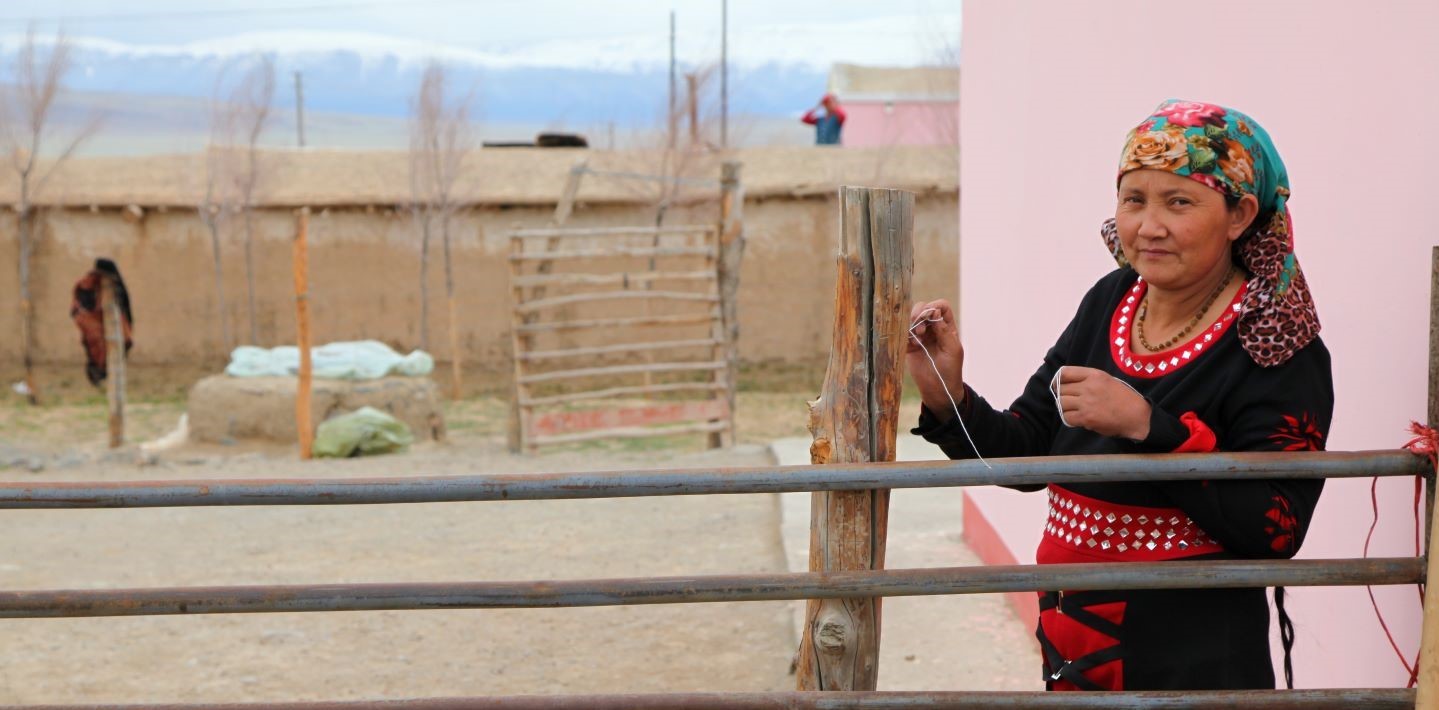UN agency IFAD and the Chinese Academy of Agricultural Sciences release study on the impacts of COVID-19 on the rural economy
IFAD Asset Request Portlet
Agrégateur de contenus
UN agency IFAD and the Chinese Academy of Agricultural Sciences release study on the impacts of COVID-19 on the rural economy
02 mars 2022
Beijing, 2 March 2022 - The International Fund for Agricultural Development (IFAD), together with the Centre for International Agricultural Research (CIAR) of the Chinese Academy of Agricultural Sciences (CAAS) released a study today on the impacts of the COVID-19 pandemic on China’s rural economy. Conclusions call for the need to enhance resilience and reduce the vulnerability of smallholder farmers to anticipate future crisis.
This meta-analysis study, with a comprehensive synthesized analysis, captures the key findings of the impact of the COVID-19 pandemic on the rural economy and especially on the livelihoods of smallholder farmer households. In China, there are around 200 million small-scale producers in rural areas who may be particularly vulnerable to external shocks. The report draws lessons for effective intervention in preparation for future disruption including successful intervention from the government.
“Households that depend on small-scale farming are vulnerable to unpredictable events and shocks in the economy, as we saw during the pandemic. We need to further invest in rural areas to bolster employment opportunities, so that people can stay and make a good living,” said Matteo Marchisio, IFAD Country Director, China.
The study also provides good policy implications and inclusive and practical recommendations to help increase resilience and reduce the vulnerability of rural people if a similar pandemic were to take place in the future.
In recent weeks, China has unveiled its No. 1 Central Document, setting priorities in the agriculture and rural development sectors. At the event, Jia Zhao, Deputy Director of International Cooperation of the National Revitalization Administration shared China’s policies and actions in rural revitalization, especially in coping with COVID-19.
Jieying Bi, Head of Office from CIAR of CAAS presented key findings of the study and highlighted China’s Green Channel policy (created to avoid logistic and transportation disruption) as a good practice according to the study. The study also recommended to restore and strengthen community-based social networks and strengthen crises management capacity, especially among vulnerable groups.
Prof. Fengyin Nie, Executive Deputy Director of CIAR, reiterated in her closing remarks that the national state and the international community need to adjust to COVID-19 as “new normal” status and explore coping strategies that China and the international community can work on jointly.
Note to editors:
In line with current Covid-19 precautions, the event occurred virtually with live streaming. Watch the event here.
Read the full report here .
IFAD invests in rural people, empowering them to reduce poverty, increase food security, improve nutrition and strengthen resilience. Since 1978, we have provided about US$23.2 billion in grants and low-interest loans to projects that have reached some 518 million people. IFAD is an international financial institution and a specialized United Nations agency based in Rome – the UN’s food and agriculture hub.
A wide range of photographs of IFAD’s work in rural communities are available for download from its Image Bank.
